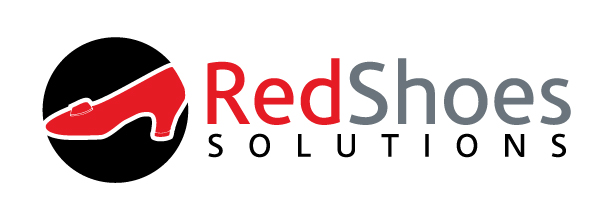I’ve had the opportunity (and good fortune) to literally meet thousands of workers in a variety of companies – hospitals, factories, office buildings, you name it. And it has been my experience that the vast majority of people in the workplace and good, decent people who want to do the right thing. They want to do a good job, they want to treat their customers and patients well, they want to contribute to the end result, and they want to have the opportunity to stand up and speak out when something is wrong.
Unfortunately, many good people face obstacles in the workplace that prevent them from doing the right thing.
Here are a few of the obstacles many employees routinely encounter:
- Bullies – Coworkers who threaten, gossip, undermine, disrespect and otherwise negatively affect individuals or even teams.
- Ineffective Bosses – Leaders, supervisors or team leads who turn a blind eye to situations, who tell employees to “work it out” by themselves, who do nothing to come to the defense of a team member against an aggressive manager from another department, an irate customer, or a bullying employee.
- Repressive Company Culture – The organization is structured in such a way that employees are afraid to express their opinions or give what might be perceived as negative feedback about the organization. The fear of retaliation is so great that people simply go along with the status quo in order to keep their job and not adversely affect their standing.
- Faulty Processes – Standard operating procedures (SOPs) are non-existent, current processes are ineffective or outdated. Needed tools and resources are scarce.
- Broken Infrastructure – The organization does not clearly and consistently communicate essential information with all employees. Goals are not shared, clear expectations are missing, and there is no accountability. Interactions with other departments are frustrating due to silos, communication breakdowns or a lack of cooperation.
The #1 priority for the leadership within every organization, regardless of the industry and regardless of any other responsibility, is to eliminate obstacles that prevent employees from doing their best. If leadership at every level isn’t doing this, they are not doing their best; and they are a liability towards the organization’s success.
What is your experience? What obstacles have you encountered? What has prevented you from doing your best at work? Please share your insights.

